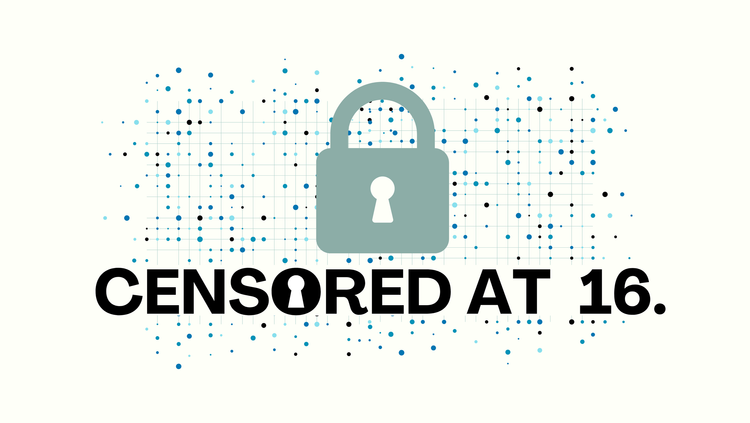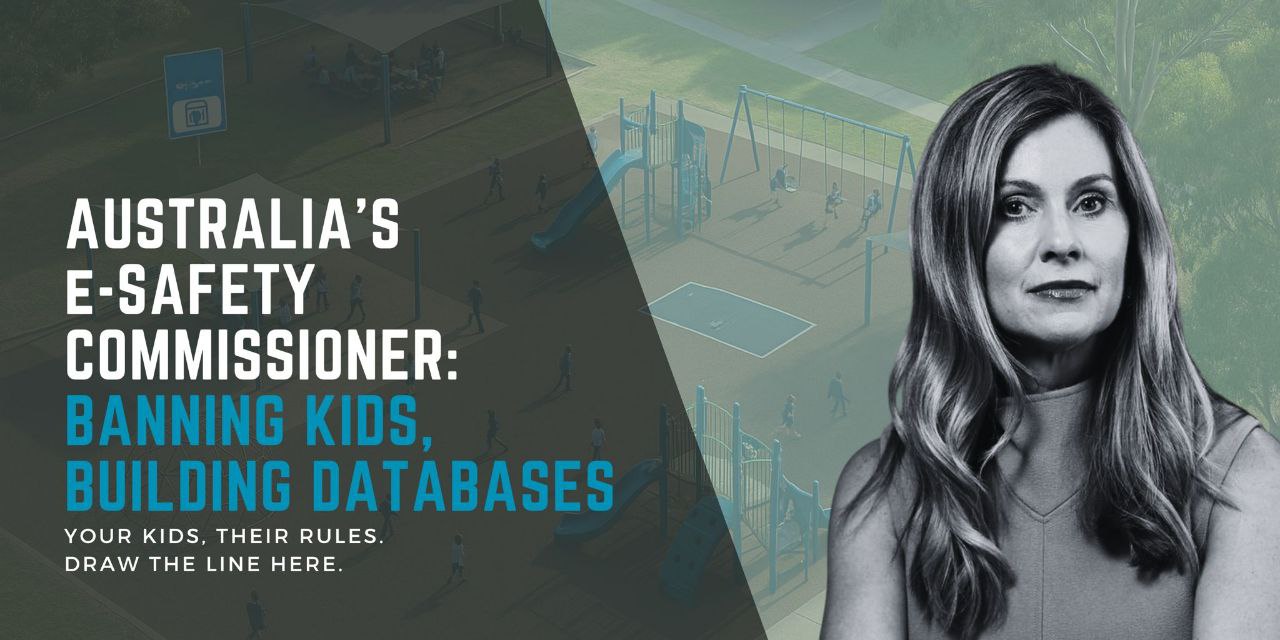
- Limited scrutiny: The Age Assurance trial report is complex and difficult for ordinary Australians to examine. Parliament and the public still lack the clarity needed to weigh the risks and limitations.
- Lack of democratic process: The bill was rushed through Parliament with minimal debate and almost no time for consultation. That’s not how democracy should work.
- Unproven technology: No age-verification system has been publicly trialled or independently audited. Even government advisors raised red flags about privacy and procedure.
- Privacy risks: Mandated ID checks or biometric scans could create dangerous new databases of children’s personal data, open to surveillance or breaches.
- Excluding vulnerable youth: Migrant, regional, and disabled young people who rely on online communities for learning and support would be disproportionately cut off.
- Suppressed innovation: Many teenagers use platforms like YouTube or TikTok to learn, create, and even start small businesses. This law cuts them off from opportunity.
- Human rights concerns: The ban interferes with young people’s rights to free expression, information, and participation in cultural and educational life.
We urge the Australian Government to repeal the U16 Social Media Ban unless:
- Age-verification systems are publicly trialled, independently audited, and proven safe.
- A thorough consultation is held with young people, families, educators, health and legal experts, and digital rights advocates.
- Policy is refocused on:
- Safety-by-design standards and stronger media literacy programs.
- Recognising the role of social media in education, creativity, and entrepreneurship.
- A statutory duty of care for platforms to protect youth—without punishing children.
If the law cannot meet basic standards of privacy, equity, and practicality, the government must commit to repeal.
The Online Safety Amendment (Social Media Minimum Age) Act 2024 was rushed through Parliament before Australians had the chance to see the results of the government’s own trials. The final report of the Age Assurance Technology Trials, released on 1 September 2025, showed what many feared: every method tested came with serious problems. Not one system proved reliable. Privacy, accessibility, and practical implementation all remain unresolved.
Yet despite these findings, the law is already on the books. Submissions to the Senate inquiry closed on 22 September — just one day was offered to the public. Fifteen thousand Australians spoke up, but the government passed the bill the very next day. This process was fast-tracked at the expense of democratic accountability.
What does the law actually do? It bans anyone under 16 from creating or maintaining a social media account — but the only way to enforce this ban is to require age assurance checks on every single user, young and old. That means Australians will be asked to hand over sensitive information — IDs, facial scans, or behavioural data — just to keep accessing platforms we already use. Parents, families, and even adults with long-held accounts will be forced into the same system of verification.
This isn’t just about “keeping kids off TikTok.” It’s about building an infrastructure of mass identification and surveillance under the guise of child safety. Until there is transparent scrutiny and independent testing, enforcing this law risks harming children’s rights, family privacy, and our digital freedom.
Australians deserve laws made in the open, not rushed behind closed doors.
Please add your name if you agree: it’s time to repeal the U16 Social Media Ban unless it can be done properly, fairly, and transparently.
The Right to Connect: A People’s Appeal
Demand Representation. Hold Our Leaders Accountable. Your Voice is Crucial.
For further information or enquires visit www.standupnowaustralia.com.au
